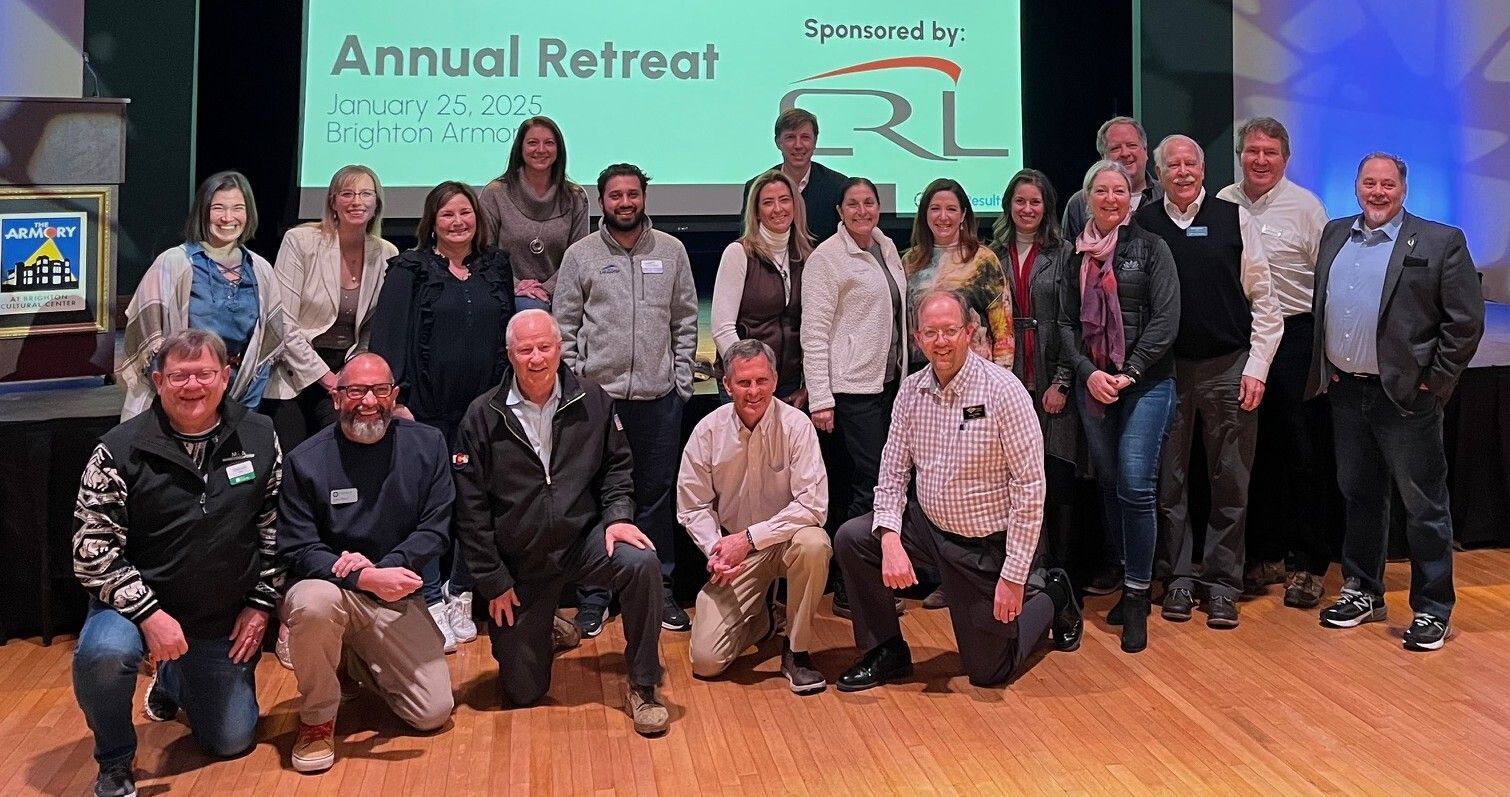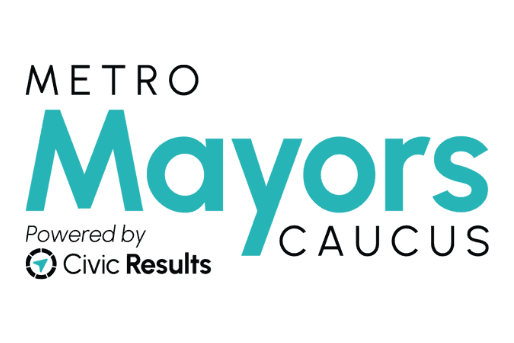
About MMC
-
What is the Metro Mayors Caucus?
The Metro Mayors Caucus (MMC) is a nonpartisan collaborative organization comprising mayors from 38 municipalities in the Denver metropolitan area. Established in 1993, the MMC provides a platform for mayors to address regional challenges that cross city boundaries, such as air quality, water use, housing affordability, growth, and transportation. By fostering cooperation among local governments, businesses, and nonprofits, the Caucus aims to develop and advocate for solutions that benefit the entire region. This inclusive platform gives equal voice to communities, regardless of their size.
-
How is the Caucus funded?
In its early years (1995–1996), the Metro Mayors Caucus received startup support from the Colorado Department of Local Affairs (DOLA) to help build local capacity and encourage regional cooperation. Today, the Caucus is funded through voluntary dues from member cities. These contributions are based on a simple formula: 11 cents per resident, plus a base amount of $500 annually. This funding model allows the Caucus to stay focused on regional collaboration and the issues that matter most to its members and their communities.
-
What is the relationship of the Caucus to CML and DRCOG?
Because of its specific focus on the Denver metropolitan area, the Metro Mayors Caucus operates as a program of Civic Results and often has priorities that differ from the broader, statewide focus of the Colorado Municipal League (CML). That said, there is a strong working relationship between CML and MMC, and since many of our members are also part of CML, we work closely together on shared concerns—such as land use, housing, transportation, and local control—that directly impact metro-area communities.
Likewise, the Caucus also maintains a strong partnership with the Denver Regional Council of Governments (DRCOG), and there is also overlap in membership. However, unlike MMC, DRCOG manages competitive funding decisions and includes a broader mix of elected officials, which makes it less suited to operate as a consensus-driven organization.
-
What issues does the Caucus focus on and how are they selected?
The Metro Mayors Caucus (MMC) is dedicated to addressing issues of shared interest among its members, drawing on a collaborative approach to tackle regional challenges. To understand what matters most to its members, the MMC conducts annual surveys to gather insights into their concerns and priorities. Over the years, the Caucus has worked on a diverse range of issues that impact the Denver metropolitan region, reflecting the broad spectrum of interests within its membership.
Currently, the Caucus is focused on:
- Transportation & Transit
- Addressing infrastructure needs and traffic congestion
- Multi-Modal Transportation: Supporting the integration of various transportation modes to create a more cohesive transit system
- Safety of drivers, passengers and pedestrians
- Sustainability & Resiliency:
- Energy Efficiency: Encouraging practices that reduce energy consumption and promote sustainability.
- Water Conservation: Addressing water management and promoting efficient water use.
- Housing, Homelessness and Hunger
- Addressing affordability, housing stock and home ownership
- Tools and resources to people affected by homelessness or housing insecurity
The annual surveys play a critical role in shaping the Caucus's agenda, ensuring it stays aligned with the most pressing issues facing its members and the wider region. By fostering collaboration and open dialogue, the MMC aims to create positive change on a regional level.
You can learn more about the MMC by reading the Metro Mayors Caucus primer and the current MMC Policy Principles.
- Transportation & Transit
-
How are leadership positions awarded within the Caucus?
The Executive Committee serves as the main agenda-setting body for the Metro Mayors Caucus (MMC), responsible for guiding the organization's direction and ensuring it addresses the most relevant issues for its members. The MMC is governed and represented by a Chair, 1st Vice Chair and 2nd Vice Chair, who are confirmed by the members during the annual retreat.
The typical progression to the role of Chair involves serving as the 1st Vice Chair in the preceding year. This structure ensures continuity in leadership and allows for the smooth transition of responsibilities. Additionally, the Immediate Past Chair remains part of the Executive Committee as an officer, provided they still hold public office. This retention of past leadership helps maintain institutional knowledge and offers experienced guidance to the current leadership team. The current Chair and 1st Vice Chair also serve as ex-officio members of the Civic Results board of directors.
The Chair and Vice Chairs work together within the Executive Committee to set the Caucus's agenda, plan its initiatives, and represent the interests of its members. By collaborating in this way, they ensure the Caucus remains focused on addressing the key issues that matter to its members and the broader community.
The full explanation can be found in the MMC Primer.

